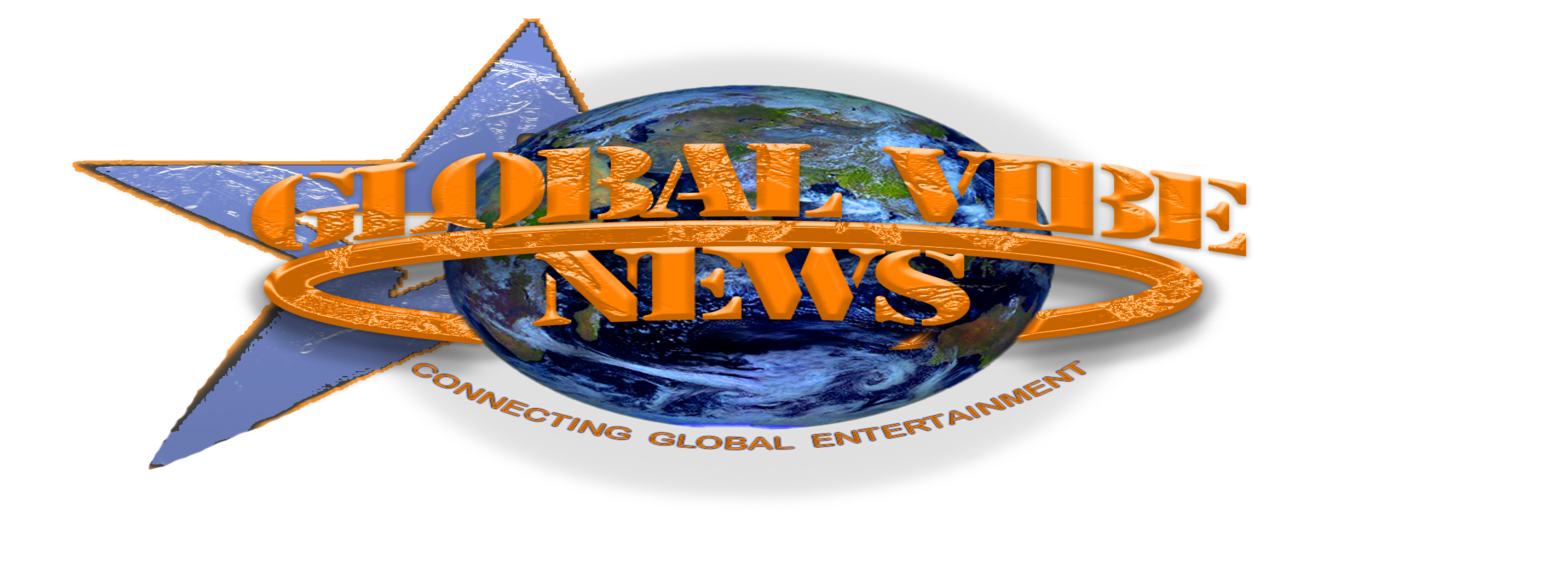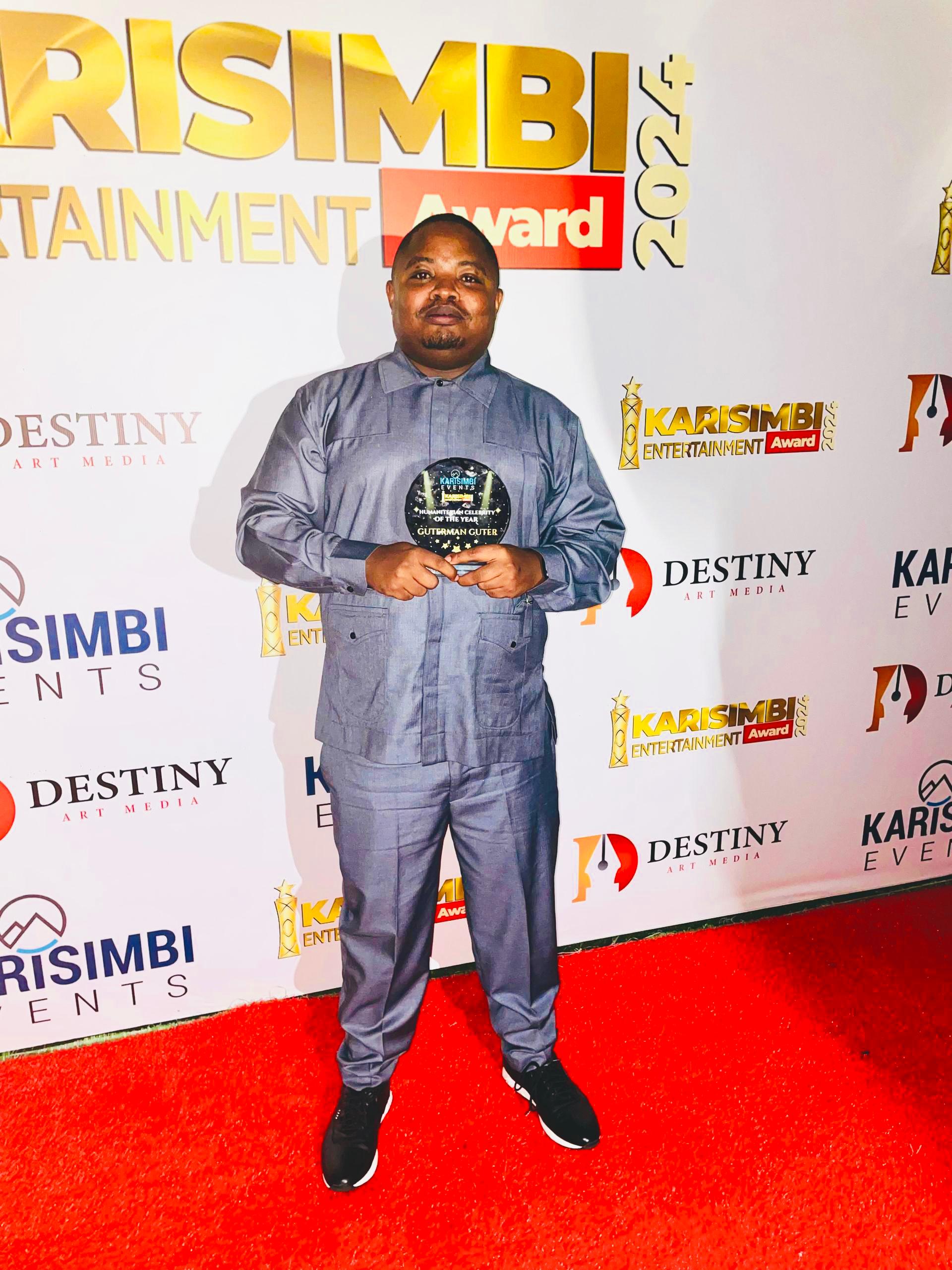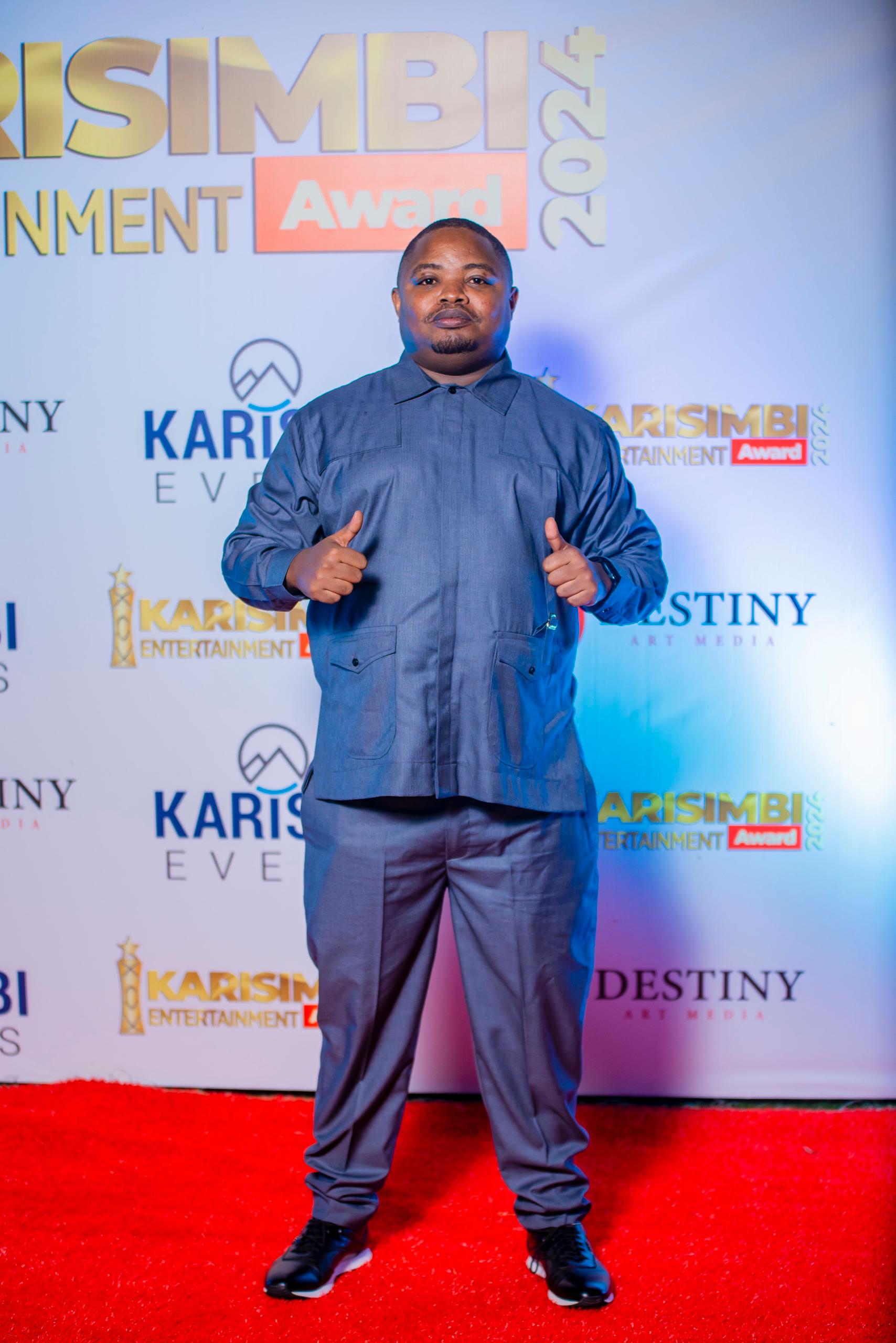Jose Chameleone is a widely recognized name across Uganda, East Africa, and beyond With a career spanning over two decades, he has remained at the top of the charts, earning the admiration of fans and fellow musicians alike. But what is it about Chameleone that has allowed him to maintain his position as a leading figure in the music industry for so long? From his powerful voice to his adaptability and relentless work ethic, Chameleone’s success is a combination of talent and strategic decisions. Here, we dive into 20 key reasons why this Ugandan icon remains a formidable force in the music scene, and what other artists can learn from him.
- Distinctive Sound and Versatile Style
Chameleone has developed a unique blend of reggae, dancehall, and Afrobeat, creating a signature sound that sets him apart. His ability to seamlessly adapt and innovate within these genres has kept his music fresh and appealing across generations.
- Consistency in Hit-Making
With songs like “Valu Valu,” “Bayuda,” and “Badilisha,” Chameleone has consistently released hits over the years. His knack for creating catchy, memorable tracks has made him a staple in Ugandan music and beyond.
- Powerful Live Performances
Known for his electrifying stage presence, Chameleone’s performances are unforgettable experiences. His energy and charisma keep audiences engaged, making him a sought-after performer for major events across East Africa and abroad.
- Staying Relevant Through Trends
Chameleone has managed to stay relevant by adapting to new music trends without losing his signature style. He observes the evolving tastes of fans and infuses modern sounds into his music, allowing him to stay connected with both older and younger audiences.
- Strategic Collaborations
Collaborating with various artists across Africa and beyond, Chameleone has expanded his reach. His work with artists from Kenya, Tanzania, Rwanda, and even the U.S. has widened his appeal and introduced him to new audiences.
- Connection with Fans
Chameleone understands the importance of connecting with his fans. Through social media, live events, and regular communication, he has built a loyal fan base that supports him in every endeavor.
- Innovative Marketing Tactics
Chameleone leverages innovative marketing techniques to promote his music. From online music releases to strategic use of social media, he has managed to maintain visibility in a competitive industry.
- Cultural Representation and Pride
Chameleone’s music often reflects Ugandan culture and values. By embracing his roots and singing in various languages, he resonates deeply with his audience, creating a sense of pride among Ugandans and East Africans.
- Mastery of Multiple Languages
Fluent in several languages, including English, Luganda, and Swahili, Chameleone has been able to reach diverse audiences across East Africa. His multilingual abilities allow his music to resonate with different communities.
- Recognition and Awards
Chameleone’s success is reflected in the numerous awards and accolades he has received, including regional and international honors. His achievements serve as motivation for aspiring artists, proving that East African talent can shine on a global stage.
- Perseverance and Strength in Overcoming Adversities
Over the years, Chameleone has faced numerous challenges, including personal and professional setbacks. His ability to persevere and stay focused on his music has inspired countless fans and shown other artists the importance of resilience.
- Embracing Modern Technology
From producing music videos to engaging with fans, Chameleone has embraced the power of digital platforms. This adaptability has allowed him to keep pace with industry changes and reach global audiences.
- Networking and Industry Connections
Chameleone’s extensive network of industry connections across Africa and beyond has contributed to his long-lasting success. He has built relationships with producers, promoters, and fellow artists, which has kept him at the forefront of the industry.
- Strong Business Acumen
Chameleone approaches his music career with a business mindset, making strategic decisions to maximize his income and expand his brand. This business savvy has enabled him to sustain his success over the years.
- Pioneering the Ugandan Music Scene
As one of Uganda’s first international music icons, Chameleone has paved the way for countless artists. His success has shown the world that Uganda has immense talent, encouraging the growth of the local music industry.
- Charity and Community Work
Chameleone is known for his involvement in charity and community initiatives. His dedication to giving back has not only endeared him to fans but has also enhanced his reputation as a positive influence.
- Effective Use of Social Media
With millions of followers on platforms like Instagram and Facebook, Chameleone actively engages with his fanbase. His social media presence allows him to stay in touch with fans and promote his music directly.
- Global Appeal and International Tours
Chameleone’s popularity extends far beyond Uganda’s borders. His international tours have taken him to Europe, the U.S., and other parts of the world, helping him build a global fanbase and spread East African music internationally.
- Influence on East African Music
Chameleone’s impact on East African music is undeniable. He has inspired a new generation of artists and elevated the region’s music on the global stage, creating opportunities for East African talent in the international arena.
- A Role Model for Aspiring Artists
As a self-made music star, Chameleone has become a role model for aspiring artists. His journey shows that hard work, determination, and a strong sense of identity are essential ingredients for success.
Lessons for Aspiring Artists
Jose Chameleone’s journey offers valuable lessons for other artists. His resilience, adaptability, and strategic approach have made him a lasting figure in music, not just in Uganda but across East Africa and beyond. For artists looking to build a long-lasting career, Chameleone’s story is a blueprint for success, demonstrating the importance of consistency, innovation, and staying connected with one’s roots.
As he continues to make strides in the industry, Chameleone’s influence is sure to inspire future generations, proving that African artists can make a significant impact both at home and abroad.
Jose Chameleone stands as one of the most celebrated musical icons in Uganda and East Africa. Over a career spanning more than two decades, he has remained a consistent and transformative figure in the music industry. His story is one of extraordinary talent, adaptability, and dedication, combined with a deep understanding of the dynamic nature of music. Chameleone’s enduring success can be attributed to his distinct style, tireless work ethic, and strategic decisions that have made him an icon across generations and borders.
Distinctive Sound and Versatile Style
Jose Chameleone has crafted a sound that is uniquely his own, blending elements of reggae, dancehall, and Afrobeat. This fusion creates a musical identity that resonates with listeners of all ages. His ability to innovate and adapt within these genres ensures his music remains timeless and appealing.
Consistency in Hit-Making
Throughout his career, Chameleone has demonstrated an unparalleled knack for producing chart-topping hits. Tracks like “Valu Valu,” “Bayuda,” and “Badilisha” have cemented his place in the hearts of fans. His consistent delivery of memorable and impactful music has made him a staple in the East African music scene.
Electrifying Stage Performances
Known for his dynamic stage presence, Chameleone’s live performances captivate audiences and leave lasting impressions. His charisma and boundless energy create unforgettable experiences, making him a highly sought-after performer at major events both locally and internationally.
Adapting to Evolving Trends
Chameleone’s longevity can be attributed to his ability to embrace and incorporate new musical trends without losing his signature sound. By staying attuned to the changing tastes of his audience, he bridges generational gaps and maintains his relevance in a competitive industry.
Strategic Collaborations
Chameleone has extended his influence through collaborations with artists from across Africa and beyond. Working with musicians from Kenya, Tanzania, Rwanda, and even global acts, he has introduced his music to wider audiences, enhancing his reach and popularity.
Genuine Connection with Fans
A vital part of Chameleone’s success lies in his ability to connect with his fans. Through social media engagement, live shows, and community events, he has built a loyal fan base that supports him unwaveringly.
Innovative Marketing Approaches
Chameleone has consistently embraced creative ways to market his music. From leveraging digital platforms to creating engaging social media campaigns, he ensures his presence is felt both online and offline, keeping him visible in a crowded marketplace.
Cultural Representation and Pride
Rooted in Ugandan culture, Chameleone’s music reflects the values and traditions of his homeland. By incorporating multiple languages and cultural themes, he not only entertains but also fosters a sense of identity and pride among East African audiences.
Multilingual Mastery
Fluency in several languages, including Luganda, Swahili, and English, has been a significant asset for Chameleone. This multilingual ability allows him to communicate effectively with diverse audiences, making his music accessible to people from various cultural backgrounds.
Awards and Accolades
Jose Chameleone’s career is adorned with numerous awards and recognitions, both regionally and internationally. These accolades underscore his influence and success, inspiring upcoming artists and showcasing East African talent on the global stage.
Resilience in Overcoming Challenges
Chameleone’s journey has not been without obstacles. He has faced personal and professional challenges that tested his resolve. His ability to overcome these setbacks demonstrates his resilience and serves as a testament to his determination and strength of character.
Embracing Digital Platforms
As technology transformed the music industry, Chameleone adapted seamlessly. From producing high-quality music videos to utilizing streaming platforms, he has harnessed the power of digital tools to amplify his music’s reach.
Building Industry Networks
Chameleone’s extensive connections within the music industry have played a significant role in his sustained success. Collaborations with producers, promoters, and fellow artists have bolstered his career, keeping him at the forefront of the scene.
Business Acumen
Beyond his artistic talent, Chameleone possesses strong business instincts. He approaches his career strategically, making decisions that maximize his brand’s value and ensure financial stability. This entrepreneurial mindset has been crucial in maintaining his relevance.
Pioneering Ugandan Music Globally
As one of Uganda’s first international music stars, Chameleone has paved the way for many aspiring artists. His achievements highlight the depth of talent in Uganda and have contributed to the growth and recognition of the local music industry.
Charity and Community Engagement
Chameleone’s contributions extend beyond music. He is actively involved in charity work, supporting various causes that uplift underprivileged communities. His commitment to giving back enhances his legacy as a socially responsible artist.
Leveraging Social Media Effectively
With millions of followers on platforms like Facebook and Instagram, Chameleone uses social media to interact with fans and promote his music. This direct engagement has strengthened his bond with his audience and expanded his influence.
Global Tours and Appeal
Chameleone’s music transcends borders, earning him a global fan base. His international tours have brought East African music to audiences worldwide, showcasing the richness of African culture on a global stage.
Influence on East African Music
As a trailblazer in the industry, Chameleone has inspired a generation of East African artists. His success has elevated the region’s music profile, creating opportunities for others to follow in his footsteps.
A Role Model for Aspiring Artists
Jose Chameleone’s story is a source of inspiration for emerging musicians. His journey underscores the importance of hard work, adaptability, and staying true to one’s roots. He is a living testament to the power of dedication and vision.
Lessons from Chameleone’s Career
Chameleone’s career offers valuable insights for artists seeking longevity in the music industry. His resilience, innovation, and connection to his heritage are the pillars of his enduring success. For those aiming to make a mark in music, his story is a guiding light.
As he continues to evolve and contribute to the music world, Chameleone remains a beacon of East African talent. His legacy transcends entertainment, proving that music has the power to inspire, unite, and transform lives.










